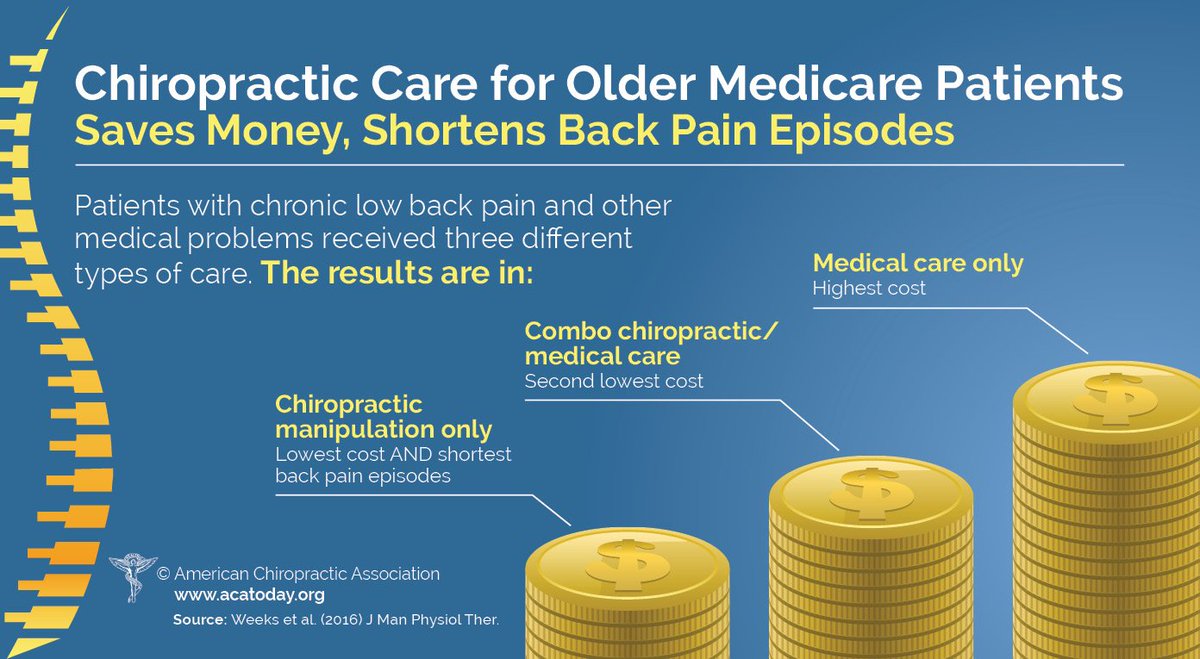Pain In The Back As An Indication Of Health And Wellness: Usual Disorders And Their Symptoms Explained
Pain In The Back As An Indication Of Health And Wellness: Usual Disorders And Their Symptoms Explained
Blog Article
Web Content Created By-Martensen Reimer
If you're experiencing neck and back pain, your body might be attempting to tell you something more than just discomfort. The method your back feels can offer valuable ideas about your overall health. Understanding the details sort of discomfort you're really feeling and any coming with signs is vital to unraveling the enigma behind your discomfort. Let's check out the common problems and signs associated with different kinds of neck and back pain to shed light on what your body might be signaling.
Types of Neck And Back Pain
When it concerns pain in the back, there are numerous kinds that you may experience. One typical type is muscle discomfort, commonly caused by overuse, pressure, or injury to the muscular tissues and ligaments supporting the spine. This type of pain can range from mild pain to extreme and devastating discomfort.
An additional type is nerve pain, which can arise from conditions like herniated discs or sciatica. Nerve pain frequently offers as a sharp, shooting feeling that radiates down the leg.
Joint discomfort in the back can come from issues like arthritis or sacroiliac joint dysfunction. This type of pain is generally felt in the lower back and can be aggravated by specific movements.
Additionally, pain in the back can be connected to structural problems such as spine constriction or vertebral cracks. Understanding the type of pain in the back you're experiencing is crucial in figuring out the proper therapy and monitoring methods.
Common Effects to Watch For
Moving past the different types of back pain, it's important to identify the common symptoms that can signify underlying issues.
Persistent neck and back pain that gets worse with activity or in the evening can indicate a much more severe problem. Tingling or tingling in the legs or feet, specifically when accompanied by weakness, could point to a nerve-related problem. If you experience abrupt weight-loss in addition to back pain, it could be an indicator of an extra systemic problem.
Take note of any type of changes in bladder or digestive tract function, as this could be linked to spinal cord compression. lower spine , cools, or evening sweats along with neck and back pain may signify an infection. Watch out for discomfort that emits down one or both legs, potentially a measure of sciatic nerve pain.
Wellness Issues Linked to Back Pain
If you suffer from back pain, it's essential to comprehend the prospective wellness conditions linked to this pain. Pain in the back can be a symptom of numerous underlying problems, including muscular tissue strains, herniated discs, osteo arthritis, spinal stenosis, and even problems like kidney rocks or infections.
Muscle strains prevail and usually result from lifting hefty objects or unexpected movements.
Herniated discs happen when the soft cells between vertebrae protrudes, triggering nerve irritability.
Osteo arthritis, a degenerative joint illness, can result in pain in the back as cartilage material wears down.
over at this website , the constricting of the spinal canal, can tax nerves.
Kidney stones might cause intense back pain if they relocate right into the urinary system tract.
Infections like spine osteomyelitis can also show up as neck and back pain. Comprehending these potential health conditions can aid you look for proper treatment and management for your neck and back pain.
Final thought
So, following time your back injures, take notice of the type of discomfort and going along with signs. Maybe a signal from your body about underlying health conditions like muscle stress, nerve problems, joint issues, and even structural concerns. By recognizing these indications, you can take aggressive actions to address the root cause of your neck and back pain and boost your general wellness and wellness.
